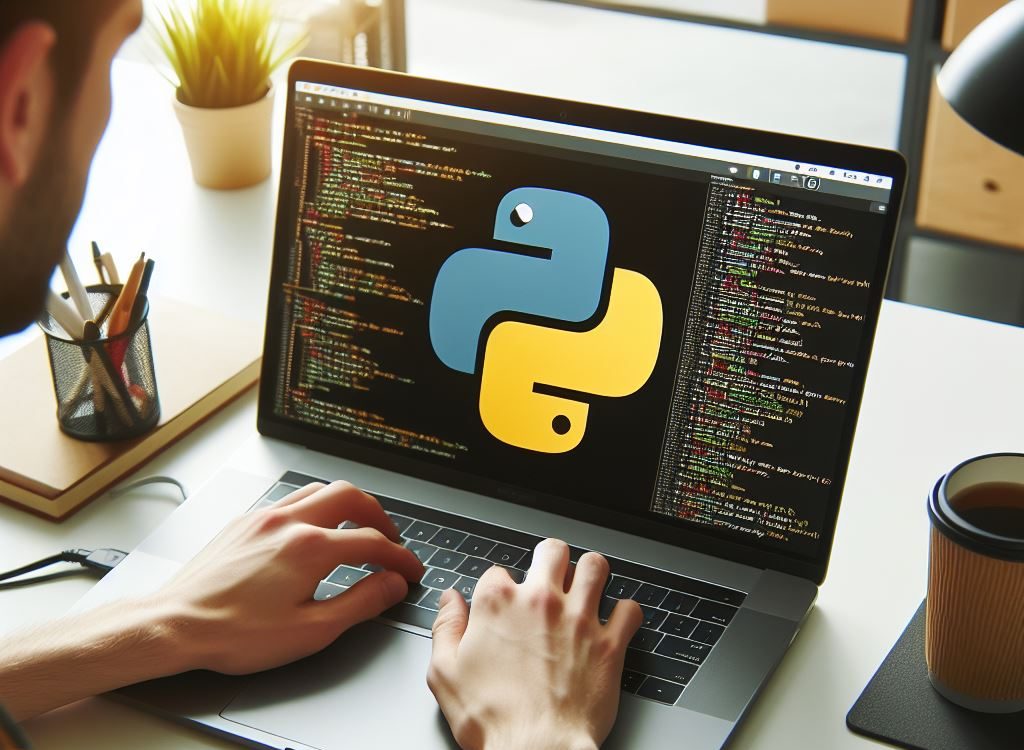
Python is one of the most popular programming languages in the world, known for its simplicity and versatility. Whether you’re a beginner just starting out or an experienced developer looking to brush up on the basics, mastering Python fundamentals is essential for building a solid foundation in programming. In this article, we’ll explore some essential tips and techniques to help beginners excel in Python.
1. Understand Python’s Syntax
Python is renowned for its clean and readable syntax, which makes it easy for beginners to grasp. Take the time to understand basic Python syntax elements such as indentation, variables, data types, and control structures like loops and conditionals. Familiarize yourself with Python’s conventions for naming variables and functions, which typically follow lowercase_with_underscores.
2. Learn Built-in Data Types and Structures
Python offers a rich set of built-in data types and data structures that are essential for any programmer. Master fundamental data types like integers, floats, strings, booleans, lists, tuples, dictionaries, and sets. Understand the characteristics and usage of each data type, as well as common operations and methods associated with them.
3. Practice Control Flow
Control flow structures allow you to control the flow of execution in your Python programs. Learn how to use conditional statements (if, elif, else) to make decisions based on certain conditions. Practice using loops (for and while) to iterate over sequences or execute code repeatedly until a condition is met. Understanding control flow is crucial for writing efficient and expressive Python code.
4. Dive into Functions
Functions are reusable blocks of code that perform specific tasks. Learn how to define and call functions in Python, and understand concepts such as parameters, return values, and scope. Experiment with writing your own functions to encapsulate functionality and promote code reusability. Understanding functions is essential for organizing and structuring your Python programs effectively.
5. Embrace Libraries and Modules
Python’s strength lies in its extensive standard library and rich ecosystem of third-party libraries and modules. Familiarize yourself with commonly used modules such as math, random, datetime, and os for performing various tasks. Explore external libraries like NumPy for numerical computing, pandas for data manipulation, and matplotlib for data visualization. Learning to leverage libraries and modules will greatly enhance your productivity as a Python programmer.
6. Practice Problem Solving
One of the best ways to master Python basics is through hands-on practice. Solve coding challenges and exercises on platforms like LeetCode, HackerRank, or Codecademy to reinforce your understanding of Python concepts and techniques. Start with simple problems and gradually work your way up to more complex ones as you gain confidence and proficiency.
7. Read and Write Code
Reading and writing code is essential for improving your Python skills. Study code snippets, examples, and open-source projects to learn from experienced developers and understand best practices. Practice writing clean, well-structured code and pay attention to code readability and maintainability. Don’t hesitate to refactor your code or seek feedback from others to improve your programming skills.
8. Explore Documentation and Resources
Python has excellent documentation that serves as a comprehensive resource for learning the language. Take the time to explore the official Python documentation and familiarize yourself with its structure and content. Additionally, seek out online tutorials, blogs, forums, and books on Python programming to deepen your understanding and stay updated on the latest developments in the Python community.
9. Collaborate and Engage with the Community
Join Python communities and forums such as Stack Overflow, Reddit’s r/learnpython, or local Python user groups to connect with fellow developers and enthusiasts. Participate in discussions, ask questions, and share your knowledge and experiences with others. Collaborating with the Python community is a great way to learn from others, get help when you’re stuck, and stay motivated on your learning journey.
10. Build Projects
Finally, apply your Python skills by working on real-world projects that interest you. Start with small projects and gradually tackle more ambitious ones as you gain experience and confidence. Building projects not only reinforces your learning but also allows you to showcase your skills to potential employers or collaborators. Whether it’s a web application, data analysis tool, or automation script, building projects is a rewarding way to apply and solidify your Python knowledge.
In conclusion
Mastering Python basics is a crucial step towards becoming a proficient programmer. By understanding Python’s syntax, data types, control flow, functions, libraries, and problem-solving techniques, beginners can build a solid foundation for their Python journey. Through practice, exploration, collaboration, and project-based learning, aspiring Python developers can enhance their skills and unlock endless possibilities in the world of programming. So roll up your sleeves, dive into Python, and embark on an exciting learning adventure! Explore Python Training Course In Greater Noida, Dehradun, Delhi, and across India to kickstart your journey today.








